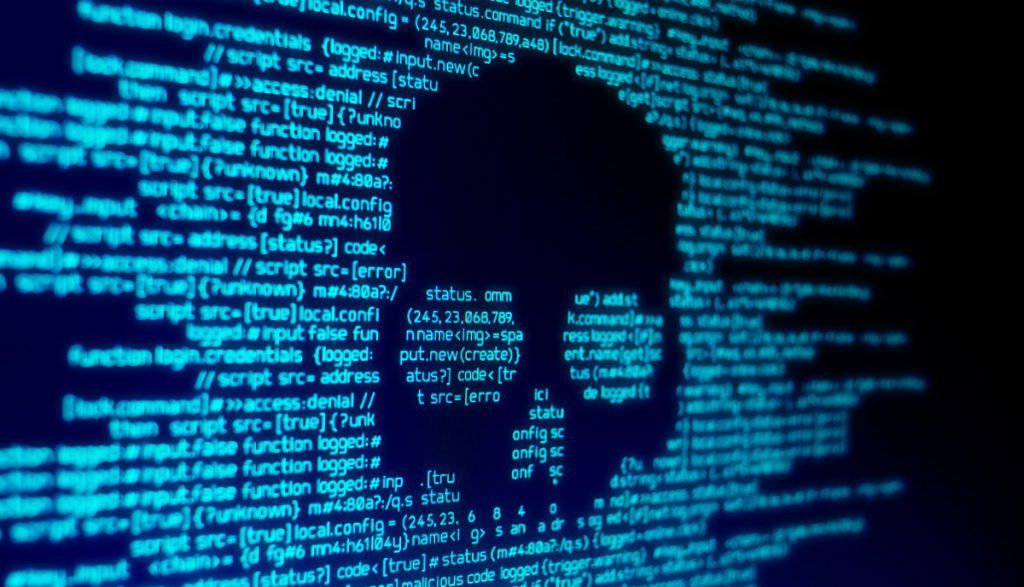Businesses are unfortunately impacted by the rapid evolution of security risks. Organizations need to figure out a strategy to safeguard their sensitive data. Accepting various security procedures and rules will enable them to protect themselves.
A Software security audit is one of the crucial components of all regulatory obligations in enterprises and can assist them in identifying vulnerabilities and potential threats. Since cyberattacks have the potential to harm the integrity and reputation of the entire firm, every business owner must take them extremely seriously.
The best part is that security audits have amazing advantages, and they are not difficult to perform. Businesses can demonstrate to their clients that they are committed to protecting private information while also ensuring the integrity of their entire software system.
Protecting Customer Data and Intellectual Property

Developing companies have a legal and ethical responsibility to protect customer data and intellectual property, including personal information, financial data, and proprietary algorithms. Software security audit is crucial in the purpose of ensuring the effectiveness of existing security measures and identifying potential vulnerabilities that could compromise sensitive information. Such audits help assess security measures and safeguard against unauthorized access to customer data or intellectual property.
Companies can conduct thorough audits to review their data storage practices, encryption methods, access controls, and user authentication processes. This helps them identify any weaknesses or gaps in their security and address them appropriately.
By doing so, development companies can assure their clients and customers that their data is being handled with the utmost care and confidentiality. This boosts customer trust and loyalty while minimizing the risk of legal consequences and reputational damage caused by data breaches.
Identifying Vulnerabilities

Every software system is exposed to vulnerabilities. Even if it is designed and developed with care and precision, it could contain hidden flaws that attackers could exploit. To prevent this, software security audits are conducted proactively to detect and fix these vulnerabilities before they can be taken advantage of by malicious actors.
During an audit, security professionals perform thorough testing and analysis of the software infrastructure, codebase, and application components. With various techniques and tools, it is much easier to find out and relieve vulnerabilities, some types of configuration mistakes, weak authentications, etc. When the company addresses the potential risks on time, it is much easier to reduce the risk of cyber-attacks and mitigate potential damage to the software system.
Reducing the Risk of Cyber-Attacks

Software development companies should be aware that cyber-attacks can cause significant harm, such as financial loss, compromised systems, and damage to their brand image. In order to mitigate these risks, regular security audits are recommended.
Software security audits help in identifying potential attack vectors and weak points within the software infrastructure. Companies can significantly improve their defenses against cyber threats by implementing essential security controls like intrusion detection systems, firewalls, secure coding practices, and regular security updates.
In addition, security audits offer important information about new security risks and vulnerabilities. Cybersecurity is constantly changing, with new threats and attack methods frequently appearing. By staying current and performing regular audits, software development companies can take action before risks become a problem and implement the necessary security measures.





